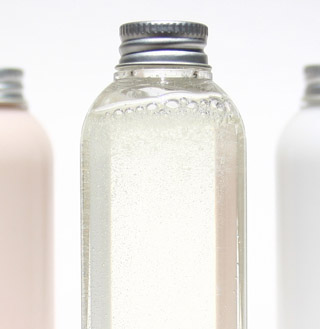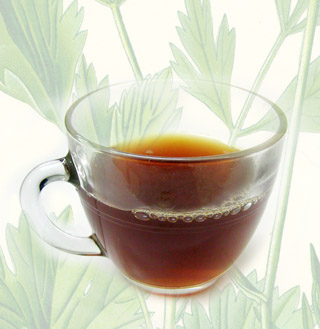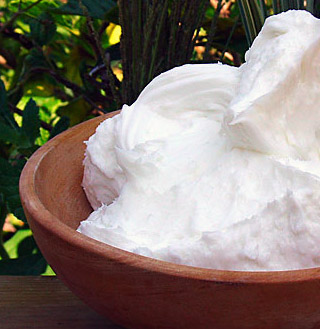common skin products and active ingredients
We often turn to cosmetics and other products in an attempt to clear up minor skin problems and issues, and many of them may indeed prove helpful. But there is a plethora of products on the market, and it is important to select wisely. Don’t buy skin care products simply because they are expensive or have a flashy advertising program with celebrity endorsements. Buy high quality products with high levels of active ingredients that will actually make a difference for your particular skin. When possible, choose product lines that are either all natural or pharmaceutical grade, and not heavily loaded with a lot of chemicals that your skin doesn't need.
alpha-hydroxy acids
Alpha-hydroxy acids are naturally occurring acids, derived from the sugars in particular plants. These acids work at the very base of the stratum corneum, dissolving the cement that holds dead skin cells together. This increases cell turnover and influences the structure of new stratum corneum being made. This results in skin that is more flexible, smooth, and more even in tone. The use of alpha hydroxy acid levels should be begun at 10% or less. Stepping up the concentration should only be done under the supervision of a physician.
bleaching creams
Bleaching products are used to suppress pigmentation in order to lighten hyperpigmented areas. There are two well known products with bleaching mechanisms effective on the skin, Hydroquinone and Kojic Acid. Another effective product for bleaching and evening pigmented spots is Mandelic Acid. These are used to treat various pigmented spots such as age spots, melasma, and freckles.
green tea products
Certain plants such as green tea have a high content of polyphenols, which are bioflavenoids that have been shown to have antioxidant properties. Numerous skin products use green-tea derived polyphenols to assist in minimizing free-radical induced sun damage.
growth factors
Growth factors play a role in cell division, new cell and blood vessel growth, and collagen and elastin production and distribution. Growth factors have been used extensively in the medical industry for treating wounds, as topical application of growth factors has been shown to facilitate faster and more complete healing. The use of growth factors in skin products (especially for aging skin) has ostensibly been shown to positively counteract aging and photodamage, especially loss of elasticity, uneven skin tone, and thinning of the epidermis.
salicylic acid
Salicylic Acid is best on acne-prone and sensitive skin types. It treats acne by causing skin cells to slough off more readily, preventing pores from clogging up. This effect on skin cells also makes salicylic acid an active ingredient in several shampoos meant to treat dandruff. Those with sensitive skin who cannot tolerate alpha hydroxy acids may find that they are able to use salicylic acid with good results. Salicylic Acid has not been tested on pregnant women, so safety during pregnancy is not known.
shea butter
Shea butter is known especially for its cosmetic properties as a moisturizer and emollient. It is also a known anti-inflammatory agent. Shea butter can be effective at treating the following conditions: fading scars, eczema, burns, rashes, severely dry skin, and in lessening the irritation of psoriasis. Shea butter provides natural UV sun protection and is comparably richer than other emollients, but scarcity of supply results in an erratic market price.
vitamin C
Topical vitamin C must be in the form of L-ascorbic acid to be useful to the body and skin. L-ascorbic acid is unstable and tends to break down rapidly, which is why it is difficult to produce for cosmetic preparations. Once it is in the skin, some studies show that L-ascorbic acid stimulates collagen synthesis, provides photoprotection, and prevents UV immunosuppression (a reaction that occurs in more than 90% of skin cancer patients). Topical vitamin C seems to protect skin against the harm caused by exposure to sunlight, but because it does not absorb light, it should NOT be used as a sunscreen.


